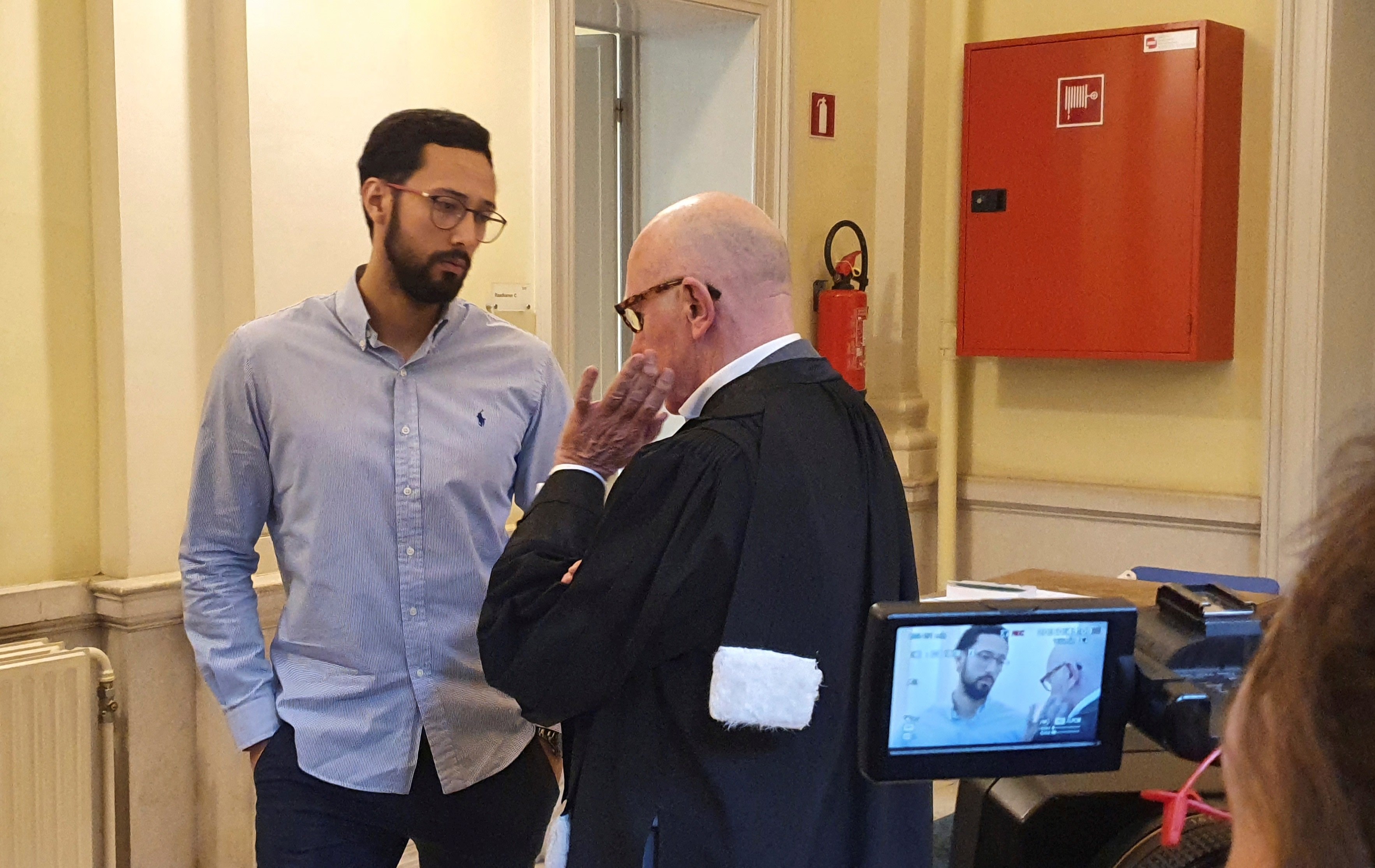The case of the exiled Mallorcan rapper Valtònyc is a step away from overturning a Belgian lèse-majesté law which dates back to 1847 and establishes prison sentences in case of insults to the monarch, according to the Belgian newspaper Knack. The issue has arisen because in Belgium this law has almost never been applied, and now it has emerged that, due to the defence based on freedom of expression conducted in the Belgian Courts in the Valtònyc case, a contradiction has become apparent between European law and "this relic of the Ancien Régime".
The dispute will be resolved by the Belgian Constitutional Court at the request of Valtònyc's lawyers, and its decision will not formally repeal the law but will force all courts in the country to act under new criteria.

"How a Spanish rapper could put an end to the lèse-majesté law against insults to the king in Belgium," headlines the Belgian newspaper Knack
"Rapping is a high-risk occupation in Spain. The arrest of Pablo Hasél at a Catalan university campus in Lleida last month is not a unique event. In June 2018, Josep Arenas Beltrán, better known as Valtònyc, left for Belgium to escape a three-and-a-half-year prison sentence. Like Hasél, Valtònyc was prosecuted for insulting the Spanish monarchy, glorifying terrorism and making threats in his lyrics against right-wing politicians. "Now the Mallorcan rapper is on his way to rewriting Belgian history. The most likely outcome is that his involuntary exile will demolish our law from April 6th, 1847 on insults to His Majesty," the newspaper writes.
The newspaper claims that everything has been the work of the Belgian lawyers who represent exiled Catalan president Carles Puigdemont as well as Valtònyc. The lawyers, Paul and Simon Bekaert, managed to overturn a Spanish court's request for extradition of the musician. But now an appeal has to be resolved, and before it is decided, the lawyers have asked the Belgian Constitutional Court to rule on this preliminary question. Depending on how it is resolved, it could overturn the quality of "double criminality" that Spain seeks (that is, for the same offence to be listed as punishable in both countries). "Can the law of April 6th, 1847 continue to be applied? Does this law violate the European Convention on Human Rights?" they will ask the court. Lawyer Bekaert makes no secret of the fact that there are "good reasons" for the Belgian law to be struck from the books, citing the jurisprudence of the European Court of Human Rights, which prioritizes freedom of expression.

Edward Anseele, jailed in the last major case of when the Belgian lèse-majesté law was applied, in 1886. / Wikipedia
Unlike Spain, where the prosecution of such crimes continues to be carried out diligently, in Belgium the last serious precedent to be found was in 1886, when the socialist leader Edward Anseele was sentenced to 6 months' prison for calling Leopold II the "number one murderer of the people." There was another case of false criminal accusation in 2006, in which an individual accused the Belgian king of pedophilia in emails. He was sentenced to 8 months in prison and a fine of 3,000 euros. But in neither case was it an artist or singer, doing so through his work.
Valtònyc himself is very pleased with the social renovation he could be helping to bring about in Belgium. "Putting my case at the service of fundamental rights is the least I could do. Giving an opinion of the powerful should not be a crime in Mallorca, Belgium or anywhere in the world. Thank you for your work, Paul Bekaert and Simon Bekaert ", he tweeted.


